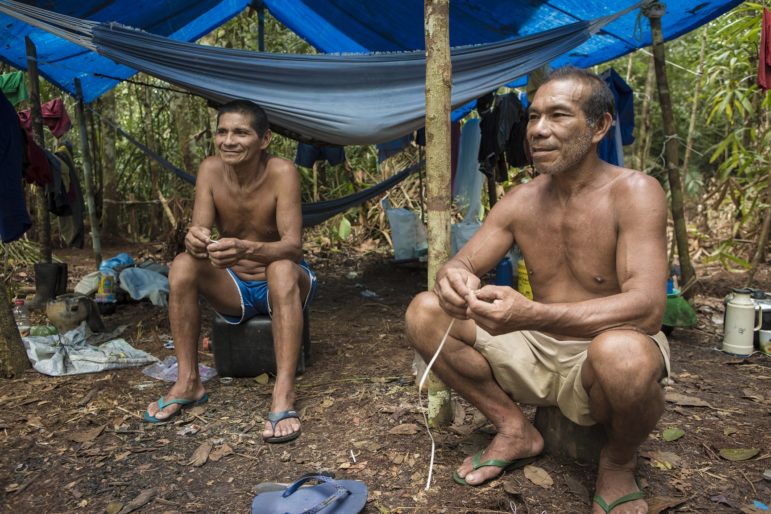
Case Studies
“100 Years of Bondage” — Investigating Slavery in the Amazon
For generations, the workers in the Brazilian Amazon who cut the palm straw used for brooms have been functionally enslaved by a system of loans provided by the bosses. Thais Lazzeri, an investigative reporter for Repórter Brasil, had to win their trust as she delved deeply into this topic for her October 2017 article, “100 Years of Bondage” which was beautifully illustrated with photographs by Fernando Martinho.





